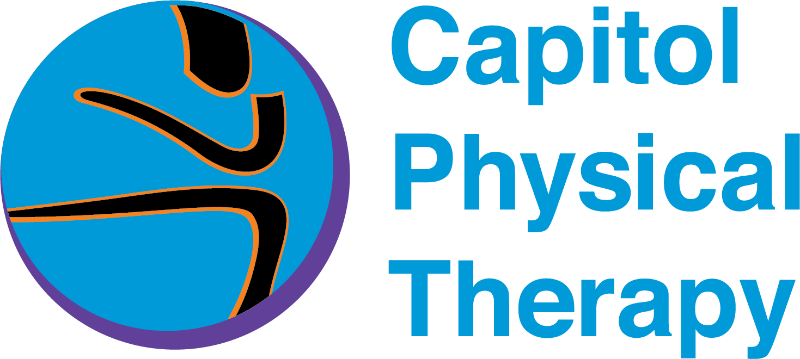Pelvic Health
Did you know physical therapy can reduce or eliminate pain, prevent surgery, and eliminate the need for medication in patients with pelvic pain, incontinence, and pregnancy or post-partum issues?
Pelvic Pain
Capitol PT physios are experts in treating the musculoskeletal system and can treat the following issues associated with pelvic pain:
- Painful intercourse
- Pain associated with tampon use or pelvic exams
- Difficulty with normal activities such as, sitting, rising from a chair, standing or walking
- Difficulty with recreational activities
- Chronic constipation or difficulties passing a bowel movement
- Pain in the groin, buttock, low back, hip, sacroiliac or abdomen
Pregnancy and Post-Partum Issues
Capitol PT offers outpatient care for women that is designed to reduce uncomfortable symptoms related to pregnancy such as:
- Headaches and migraines
- Tingling in the arms or hands
- Back and neck pain
- Hip, groin or leg pain and numbness
- “Stretched out” abdominal muscles that cause belly fat
- Painful intercourse
- Post-delivery abdominal or vaginal pain
- Painful menses as a result of C-section surgery
- Diastasis recti (tearing of the connections between the abdominal muscles)
Incontinence
Treatment at Capitol PT can help you gain control over the following symptoms:
- Urine leakage with coughing, laughing, lifting or exercise
- Urge incontinence (urine leaks due to bladder muscle spasm)
- Mixed incontinence
- Functional incontinence (urine leaks if you cannot get to the bathroom in time)
- Fecal incontinence
How Does Capitol PT Help?
Capitol PT provides a very soothing and private environment for all pelvic health patients. Initially, your physio will examine abdominal muscles, neck, back, hip, SI joints and pubic symphasis to look for issues brought on by surgery, pregnancy or deconditioning. Each patient will begin a unique treatment plan; some common interventions include:
- Gentle exercise
- Stretching and strengthening
- Education on proper posture
- Manipulation and manual therapy
- Specific exercises to improve pelvic floor function

